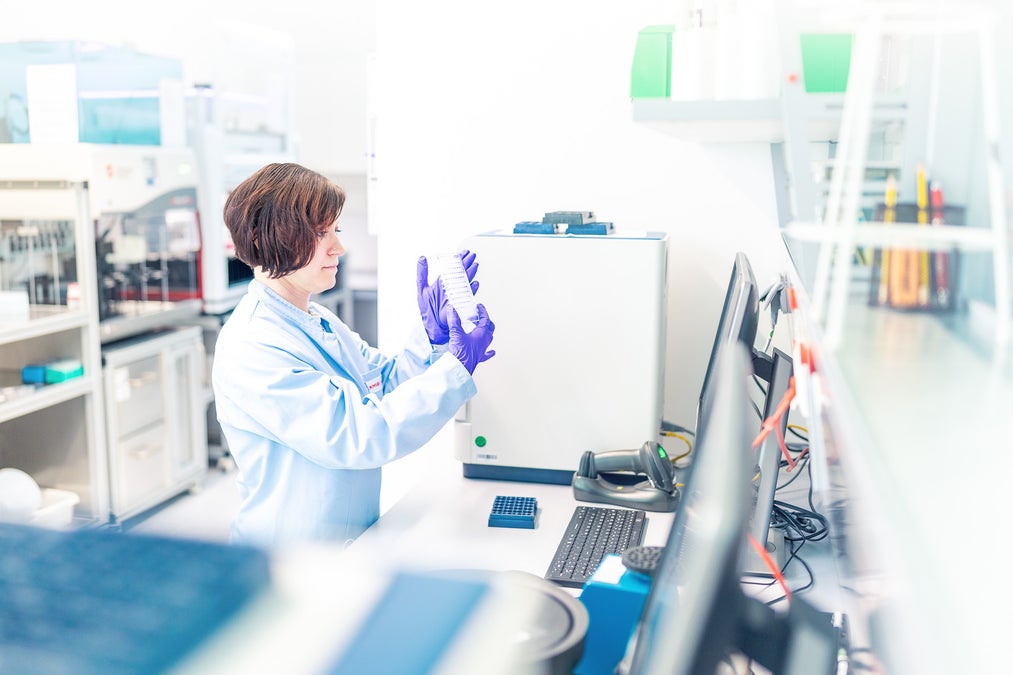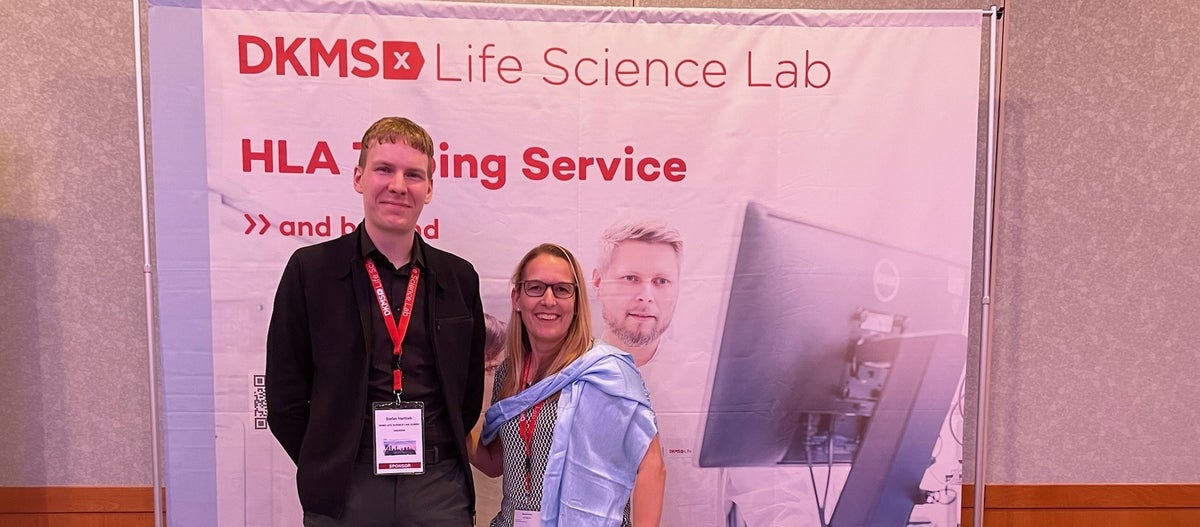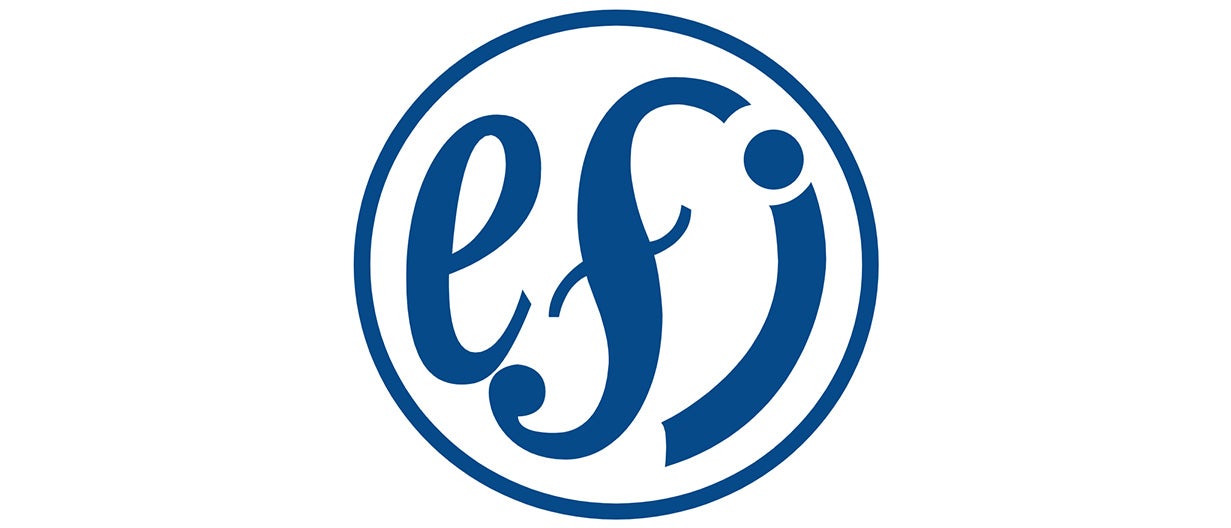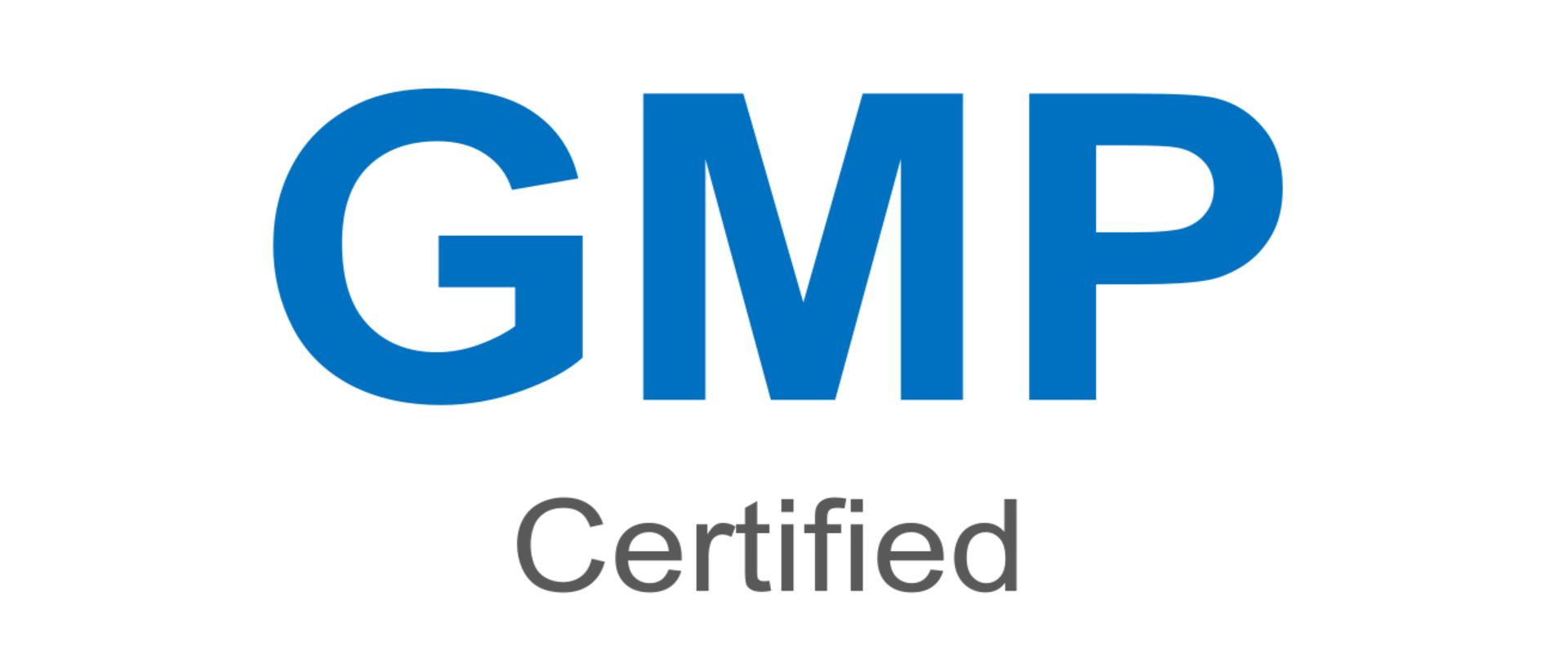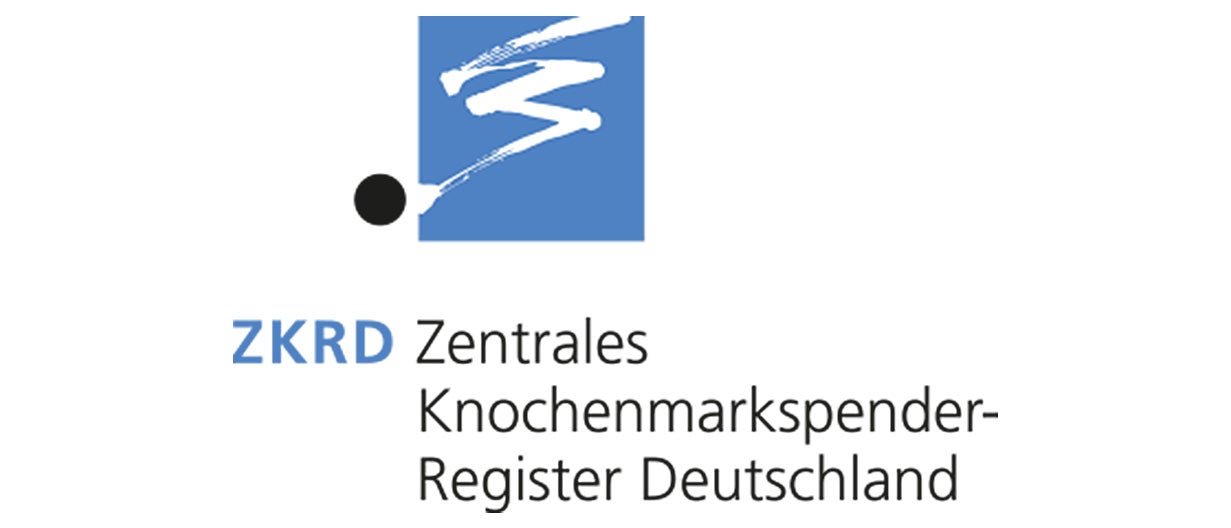
About us
We are part of the worldwide DKMS family.
The DKMS Life Science Lab is a subsidiary of the non-profit organization DKMS. Since its foundation in 1997, it has initiated many groundbreaking innovations. We were the first genotyping laboratory worldwide that applied Next Generation Sequencing (NGS) technology for high-throughput typing. This unique capability allows us to type more than one million potential stem cell donors annually.
We support the DKMS in the fight against blood cancer and other diseases of the hematopoietic system. We contribute to the improvement of treatment options through the best possible typing of stem cell donors and patients to save the lives of as many patients as possible.
With our scientific work and research, we promote the further development of donor selection and treatment options for patients.
Our unique high-throughput genotyping capabilities have been key for the growth of the DKMS donor pool. Today, more than ten million potential lifesavers belong to the DKMS family. With their help, DKMS so far has given more than 100,000 people with blood cancer a second chance at life.
To boost the chances of survival and cure for people with blood cancer, the DKMS Life Science Lab gGmbH not only thrives for the best quality of HLA typing but also collaborates with clinical research centers all around the world including the Clinical Trials Unit (CTU) in Dresden.







